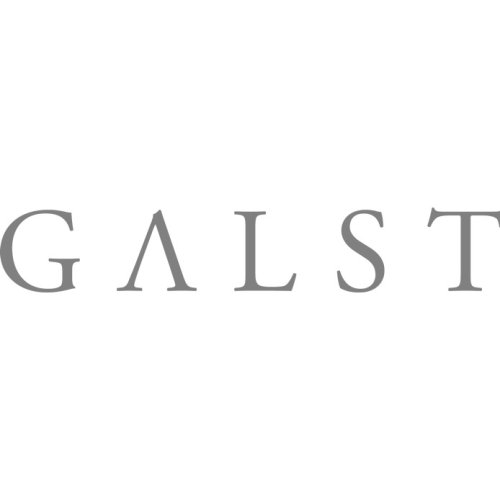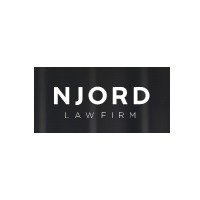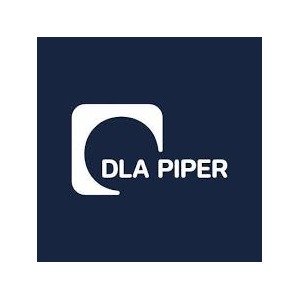Best Acquisition / Leveraged Finance Lawyers in Copenhagen
Share your needs with us, get contacted by law firms.
Free. Takes 2 min.
List of the best lawyers in Copenhagen, Denmark
About Acquisition / Leveraged Finance Law in Copenhagen, Denmark
Acquisition and leveraged finance are essential legal practice areas in Copenhagen, Denmark, supporting the funding of significant business deals such as mergers, acquisitions, and buyouts. In acquisition finance, legal professionals structure and negotiate the financial packages that buyers use to acquire companies. Leveraged finance, on the other hand, typically involves securing loans using significant debt, often with the acquired company’s assets serving as collateral.
Copenhagen, as a leading Nordic financial center, is home to numerous local and international banks, private equity firms, and institutional investors engaged in these transactions. The city’s legal framework is robust and careful attention is paid to compliance, contract negotiation, due diligence, and regulatory obligations.
Why You May Need a Lawyer
Engaging a lawyer with expertise in acquisition or leveraged finance can be crucial for various reasons:
- Navigating complex financial documents such as loan agreements, security documentation, and intercreditor arrangements.
- Ensuring regulatory compliance with Danish and European financial laws.
- Negotiating deal terms with sellers, lenders, and investors.
- Conducting thorough due diligence to uncover financial, legal, and tax risks.
- Advising on cross-border elements of transactions, which is common in Copenhagen’s international business environment.
- Structuring security arrangements over assets and ensuring enforceability under Danish law.
- Managing disputes or issues that arise during or after completion of a transaction.
Local Laws Overview
Acquisition and leveraged finance in Copenhagen are influenced by several key Danish and EU laws. The most relevant legal frameworks include the Danish Companies Act, the Danish Contracts Act, and the Danish Financial Business Act. These regulate how financial agreements are structured, executed, and enforced.
Key points of Danish law that are especially important include:
- There are specific rules regarding financial assistance, which restrict a target company’s ability to support the acquisition of its own shares.
- Security interests over immovable and movable assets must be perfected according to Danish law, often requiring registration with public authorities.
- The Danish Financial Supervisory Authority (Finanstilsynet) regulates financial institutions and significant transactions.
- Insolvency and restructuring laws can significantly impact creditors’ rights in leveraged deals.
- Anti-money laundering and know-your-customer obligations apply to both borrowers and lenders.
Due to the strict regulatory landscape, transactions in this area must be carefully planned and executed with input from legal, financial, and tax experts.
Frequently Asked Questions
What is acquisition finance?
Acquisition finance involves funding provided for the purpose of buying another company. It often includes loans, bonds, or other instruments arranged to support the purchase price.
What is leveraged finance?
Leveraged finance describes transactions where the acquisition is mainly financed with borrowed funds, using the target company’s assets or earnings as collateral.
Can a Danish company provide financial assistance for its own acquisition?
Danish law generally restricts a company from providing direct or indirect financial assistance for the acquisition of its own shares, subject to certain legal exceptions.
What type of security can be granted under Danish law?
Common forms of security include pledges over shares, receivables, real estate, and guarantees. Each type must adhere to specific legal formalities to be enforceable.
Are cross-border acquisitions common in Copenhagen?
Yes, Copenhagen’s position as a business hub means many acquisitions involve international parties, requiring attention to both Danish and foreign laws.
What role does the Danish Financial Supervisory Authority play?
The Authority supervises financial institutions, oversees major transactions, and ensures compliance with financial regulations in Denmark.
How important is due diligence in these transactions?
Due diligence is critical for identifying legal, financial, and tax risks that could affect a deal’s success, helping buyers and lenders make informed decisions.
What are the tax considerations in leveraged finance deals?
Tax structuring is central, as interest deduction rules and other regulations can impact the overall value and feasibility of the transaction.
Can acquisition or leveraged loans be transferred to third parties?
Yes, but the transferability may require consent of the borrower or other parties and must comply with Danish legal requirements.
What happens if the borrower defaults?
If the borrower defaults, lenders may enforce their security interests or initiate insolvency proceedings, subject to Danish law’s protections and procedures.
Additional Resources
For further guidance and support, consider these helpful resources and organizations:
- Danish Financial Supervisory Authority (Finanstilsynet) - Regulatory guidance and licensing information.
- Danish Business Authority (Erhvervsstyrelsen) - Company formation and compliance resources.
- Confederation of Danish Industry (DI) - Industry insights and business regulations.
- The Danish Bar and Law Society (Advokatsamfundet) - Lawyer search and legal standards.
- Local law firms specializing in M&A and banking law.
Next Steps
If you are considering or involved in an acquisition or leveraged finance transaction in Copenhagen, Denmark, it is important to seek professional legal advice at an early stage. Start by identifying law firms or lawyers experienced in this area. Be prepared to provide details about your transaction and your objectives. A legal professional can help analyse your situation, structure the deal, ensure compliance with local laws, and protect your financial interests throughout the process.
You may also benefit from consulting with financial advisors and tax experts who regularly work alongside lawyers in structuring acquisition and leveraged finance transactions. Taking proactive legal steps helps minimize risks, meet regulatory expectations, and achieve a successful outcome for your business objectives.
Lawzana helps you find the best lawyers and law firms in Copenhagen through a curated and pre-screened list of qualified legal professionals. Our platform offers rankings and detailed profiles of attorneys and law firms, allowing you to compare based on practice areas, including Acquisition / Leveraged Finance, experience, and client feedback.
Each profile includes a description of the firm's areas of practice, client reviews, team members and partners, year of establishment, spoken languages, office locations, contact information, social media presence, and any published articles or resources. Most firms on our platform speak English and are experienced in both local and international legal matters.
Get a quote from top-rated law firms in Copenhagen, Denmark — quickly, securely, and without unnecessary hassle.
Disclaimer:
The information provided on this page is for general informational purposes only and does not constitute legal advice. While we strive to ensure the accuracy and relevance of the content, legal information may change over time, and interpretations of the law can vary. You should always consult with a qualified legal professional for advice specific to your situation.
We disclaim all liability for actions taken or not taken based on the content of this page. If you believe any information is incorrect or outdated, please contact us, and we will review and update it where appropriate.

















